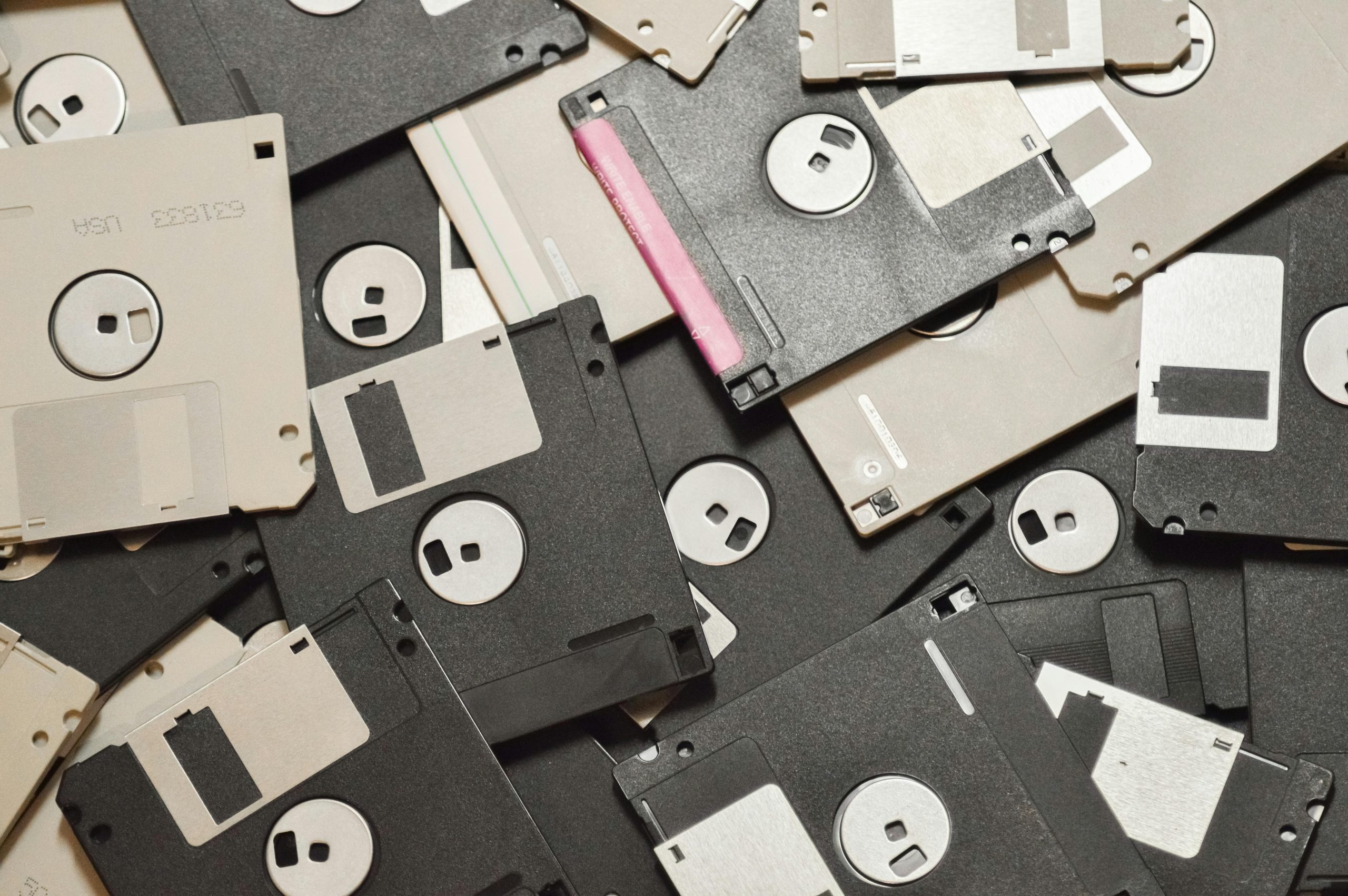Japan wins the battle against floppy disks or the end of an era of obsolete technology

Two years ago, Japan’s Minister for Digitization, Taru Kono, launched a fight against a technology that most people consider obsolete – computer floppy disks. Until recently, these were used for hundreds of administrative tasks in Japan. The Japanese government has now announced that it has won this “war”.
The curious thing about this situation is that the fight against floppy disks took place many years after their greatest glory. In Western countries, floppy disks are a long-forgotten technology. In June, Japan’s Digital Agency announced that it had repealed all but one of the 1,034 regulations relating to the use of floppy disks, except for one environmental regulation relating to vehicle recycling.
“We won the war on floppy disks on June 28!” Kono told Reuters. He then laconically added on social network X (formerly Twitter): “Everyone loves floppy disks.”
Kono is also known for his fight against fax machines and other outdated technology in government. He is a key figure in the whole digital reform. The digital agency was set up during the 2021 covid-19 pandemic, when it became clear that the government was still relying on paper documentation and outdated technology to implement nationwide testing and vaccinations. This lack of efficiency led to the need for rapid digitization of government processes.
In Japan, Kono is considered a charismatic politician, with 2.5 million followers on the X network. He previously headed the defence and foreign ministries and became minister for digital technology in August 2022 after a failed bid to become prime minister. His efforts to modernise government procedures have won widespread public support.
Floppy disks, developed in the 1960s, have been a key feature of the computer world for several decades. Sony, one of the main manufacturers of floppy disks, discontinued their production in 2011. For many young people today, floppy disks are more of a historical artefact than a practical tool – they often don’t even know how to use them or what they look like.
Photo source: www.pexels.com
Author of this article
WAS THIS ARTICLE HELPFUL?
Support us to keep up the good work and to provide you even better content. Your donations will be used to help students get access to quality content for free and pay our contributors’ salaries, who work hard to create this website content! Thank you for all your support!





OR CONTINUE READING